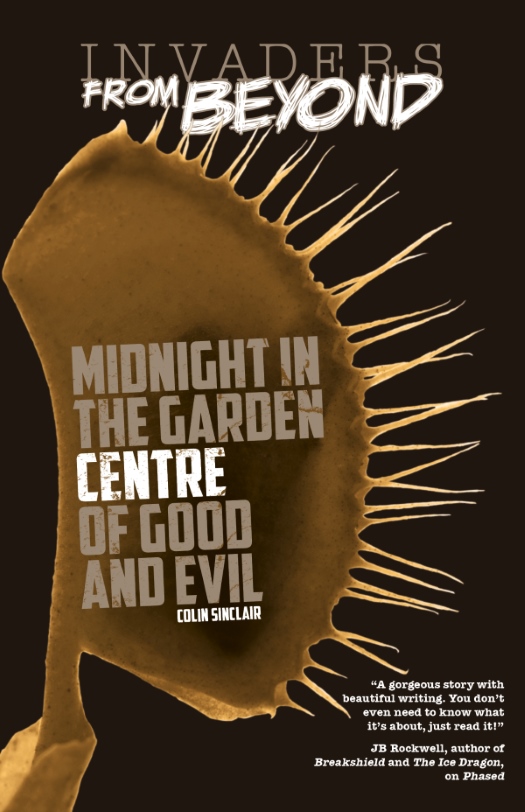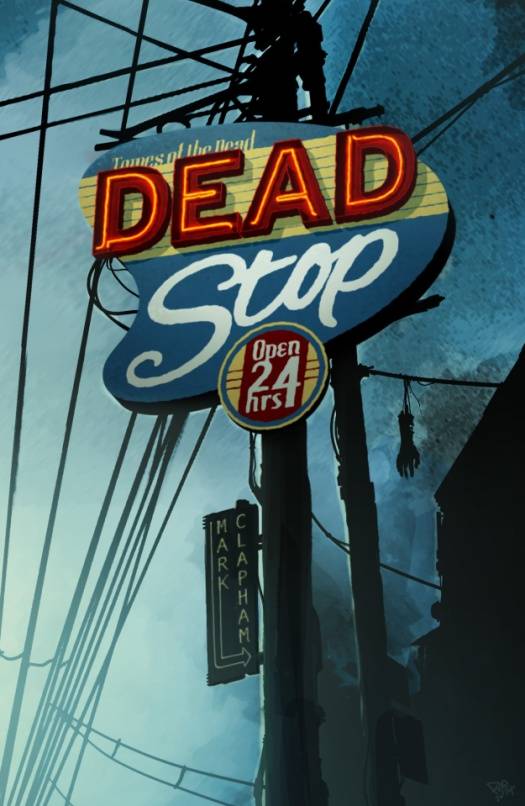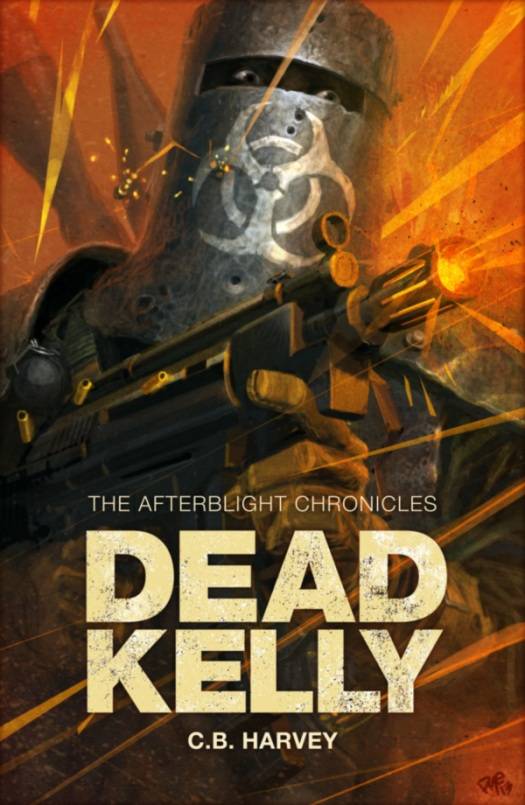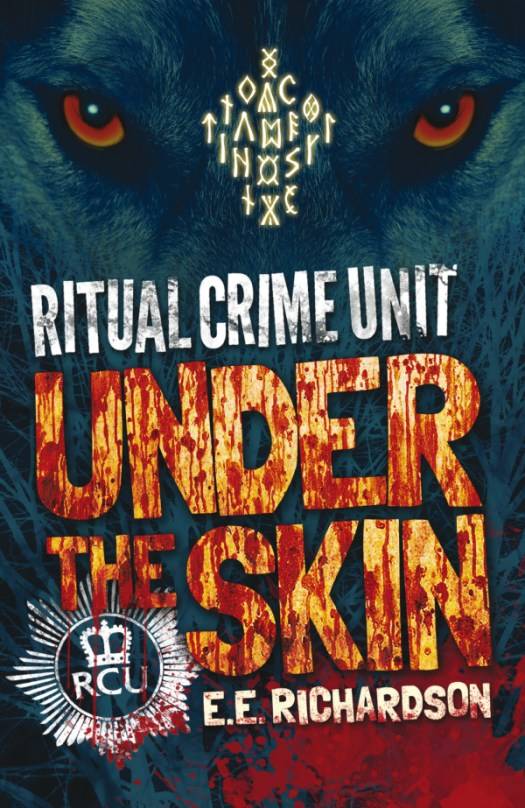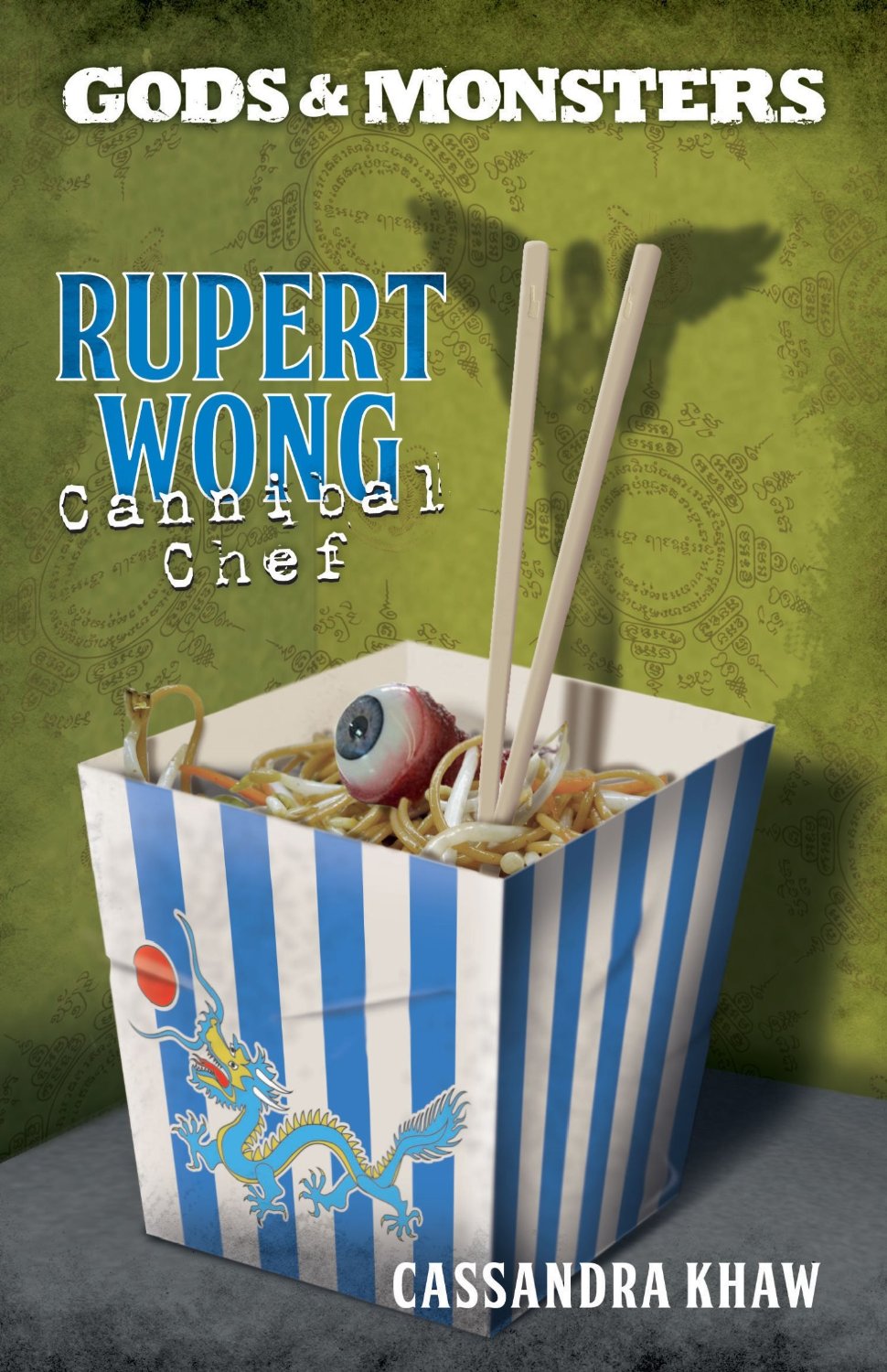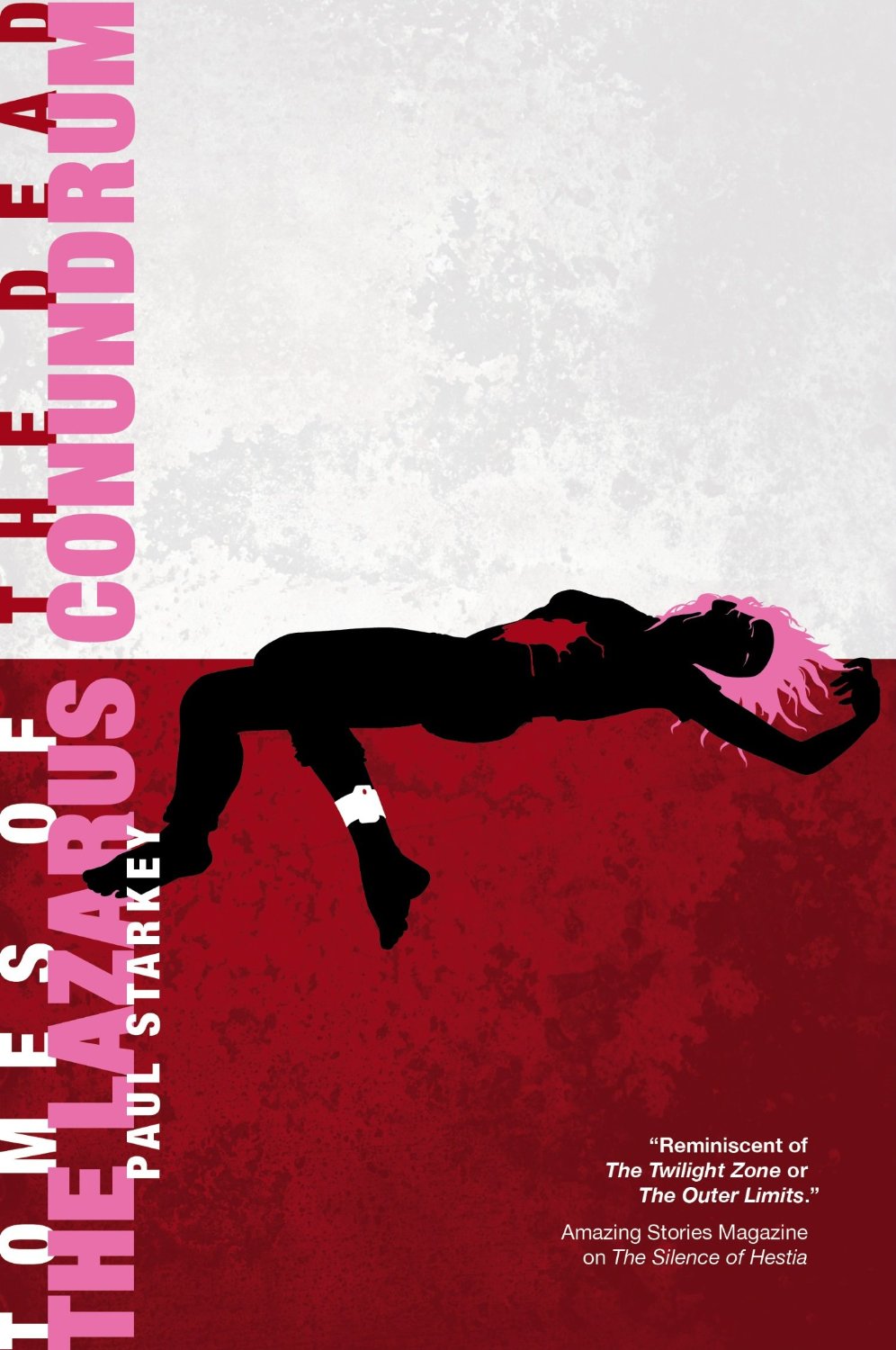
Hard to believe it’s two years since I put together my submission for Abaddon’s open subs call. I still recall the thinking that went on after a friend pointed the opportunity out to me. What kind of story to go for. Did I want to pitch an idea for an existing world or come up with an original idea that would hopefully form the basis of a new world for Abaddon? In the end, as is often the case for writers, the final decision included an element of pragmatism.
The idea of writing for an existing universe has a lot of appeal. Much of the world building has already been done for you. The downside is that if your story isn’t picked up, then it isn’t like you can run with it yourself because you’d run straight into big walls of copyright! This is fine, and I’ve pitched things before that I couldn’t do on my own, but there’s a certain sadness to coming up with a great story and knowing you probably won’t be able to write it (and make no mistake when I was coming up with my pitch I was convinced I wouldn’t be chosen.) The one exception to this was the Tomes of the Dead series, because there was no real shared universe beyond them being zombie stories, so even early on I was definitely veering in that direction.
I gave a lot of thought to the idea of coming up with a wholly original story/world. On the one hand there was so much potential, there was no guidance given as to just what kind of new world they wanted (I guess they weren’t quite sure themselves) so I could do anything. Of course the difficulty with having a completely blank canvas is that it can be overwhelming. I didn’t discount it, but I think I knew fairly early on that Tomes of the Dead might be my best bet, and having read Colin’s alien invasion tale set in a garden centre I’m glad I did because I could never have come up with anything that brilliantly off the wall.
Of course knowing I wanted to write a zombie story was only half the battle. I still needed to come up with an idea. I’m still very happy with The Lazarus Conundrum, especially in comparison to some ideas I tossed around. Suffice to say I doubt my police procedural featuring a grizzled cop and his undead partner fighting off an alien invasion would have impressed David Moore and I probably wouldn’t be able to call myself an Abaddon author now!
I wish everyone entering this time the best of luck. My only advice is to polish your idea and especially your pitch as much as you can before you send it in. Having a great idea is one thing, selling that great idea in a limited number of words is something else entirely.

